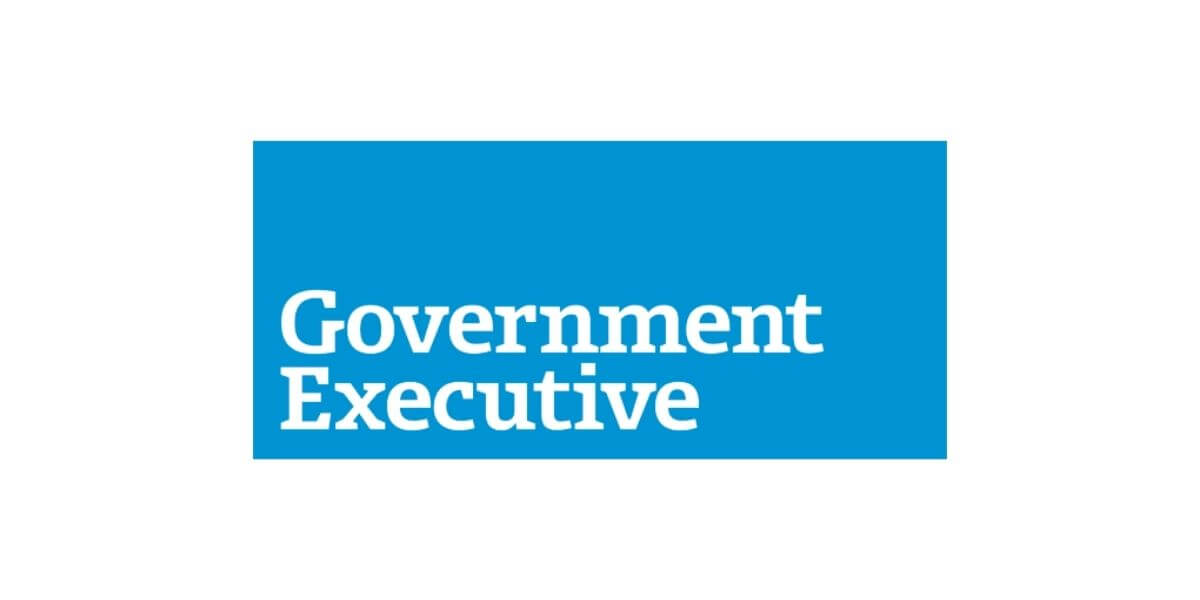New York’s newly enacted LLC transparency statute will make it easier for law enforcement and government agencies to determine company ownership, but it won’t do much for tenants who want to know who owns their building.
Persons with at least 25 percent ownership in a limited liability company, along with anyone who has substantial control of company operations, must be identified on paperwork filed with the state.
Those names and the associated addresses will not be made available in any public database, however, even though the original versions of the bill passed by the state Senate and Assembly contained public disclosure requirements.
Before signing the legislation, Gov. Kathy Hochul negotiated a compromise with the primary bill sponsors to eliminate access to the database by any entity other than law enforcement or government agencies with a need-to-know purpose.
Opponents of the database argued the threat of crimes against the property owners could be committed if their personal information became public.
“They said, ‘This is violating our privacy interest,’ ” explained attorney Carol Crossett, partner with Tully Rinckey PLLC who deals primarily with corporate and commercial business litigation and transactions. “If you release names, this could violate someone’s privacy interests and place them at a security risk, such as extorsion.”
Providing public access was actually a driving force behind the legislation. Tenant advocacy groups wanted the ability to learn who owned properties in order to expedite repairs or address tenant concerns.
The new law does provide more transparency and could pave the way for greater access to information in the future as lawmakers assess effectiveness of the statute.
“Originally the bill did call for a public database, but part of the compromise with the lead sponsors was removal of that,” said Sen. Samra Brouk (D-Rochester), a co-sponsor of the Senate version. “But I think the bill still serves a purpose. It still is a pretty big step forward and there is a local benefit in that it will help with code enforcement.”
For the vast majority of persons involved in LLC ownership, the new law won’t be burdensome.
“It’s really going to be an inconvenience more than anything else,” said attorney Brandon Cottrell, partner at Hodgson Russ LLP who focuses on real estate. “The intent of this isn’t to punish anyone that is operating a business, it’s really going after the money laundering and financial crimes. It’s nothing that a real estate developer would necessarily run into.”
The new reporting requirement won’t include every owner, only those with at least a 25 percent share. So, investors who prefer to remain anonymous likely won’t be impacted, because they usually own less than a quarter of the LLC, Cottrell said.
But there are segments of the new law that could still apply. If a minority owner has a 15 percent share today but has the option to acquire at least another 10 percent in the future, then their identity must be disclosed as well, Cottrell said.
“When reporting, you would have to assume you exercise the option,” he said.
Also, there is a clause covering persons with substantial control of the company, even if that person doesn’t have a 25 percent ownership stake, such as a CEO or company president. They, too, must be named.
Substantial control is not limited to, but would include, “if you direct, determine or assert substantial influence over important decisions or if you can appoint or remove officers or directors,” Cottrell said.
New York lawmakers believed identity of LLC owners was necessary in order to combat fraud.
“It provides some transparency, particularly in New York City, where you have a lot of high-end real estate purchases and some concerns about who’s behind those purchases,” Crossett said. “There were bad actors that were laundering money, often times through purchasing real estate, and also concerns that property owners were committing tax violations by claiming residency outside the U.S. through the means of using shell companies to act as owners of an LLC.
“That makes it hard to trace whether or not the beneficial owner has legal residency outside the U.S. or is not subject to tax otherwise through some other tax provision.”
There are exemptions, 23 actually, “but your typical real estate developer isn’t going to qualify for those,” Cottrell said.
Existing LLCs are not grandfathered in, meaning all LLCs must conform with New York’s new reporting requirements by Jan. 1, 2025.
“We would encourage people not to ignore the responsibilities,” Cottrell said. “For entities that already exist, this should be on your list (of things to do) but there’s no reason to run out to do it today.”





